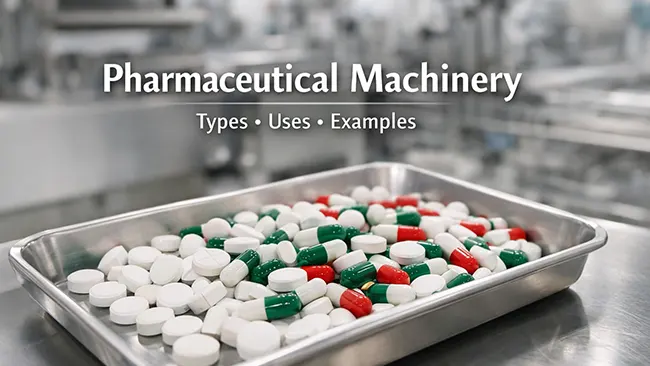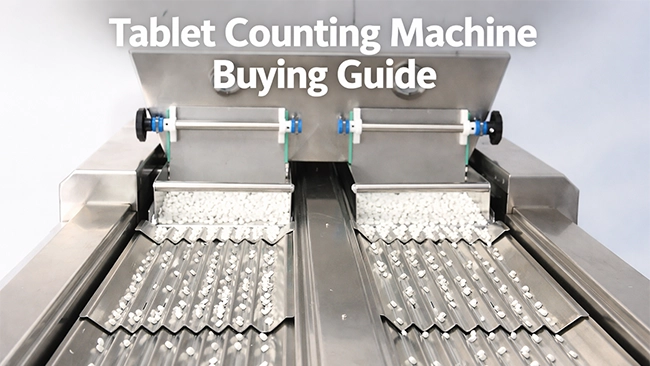In today’s fast-paced production environments—particularly in industries like pharmaceuticals, food, and consumer goods—cartoning machines play an essential role in automating the packaging process. These machines aren’t just about efficiency; they ensure that products are securely packaged for transport, shelf appeal, and safe consumer use. This article explores the main features of cartoning machines, helping you understand why they’re a smart investment in modern manufacturing.
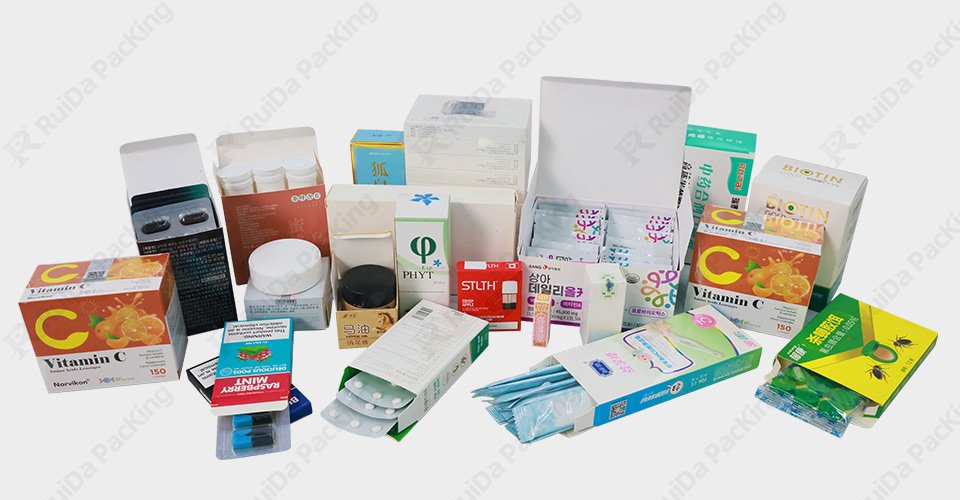
Enhanced Automation and Production Efficiency
One of the most significant benefits of cartoning machines is their high automation level and impressive production speed. High-speed cartoning machines can handle hundreds of products per minute, drastically reducing cycle times and boosting output. Each stage—from product feeding to carton insertion and sealing—is automated, meaning less manual intervention and lower risk of human error.
These machines are often designed with a modular structure, making maintenance easier and adding flexibility for future upgrades. You can adjust production capacity, incorporate automated inspection tools, and scale the machine to meet your evolving production needs without a full machine replacement. This flexibility is invaluable if your production line requires both high output and scalability.
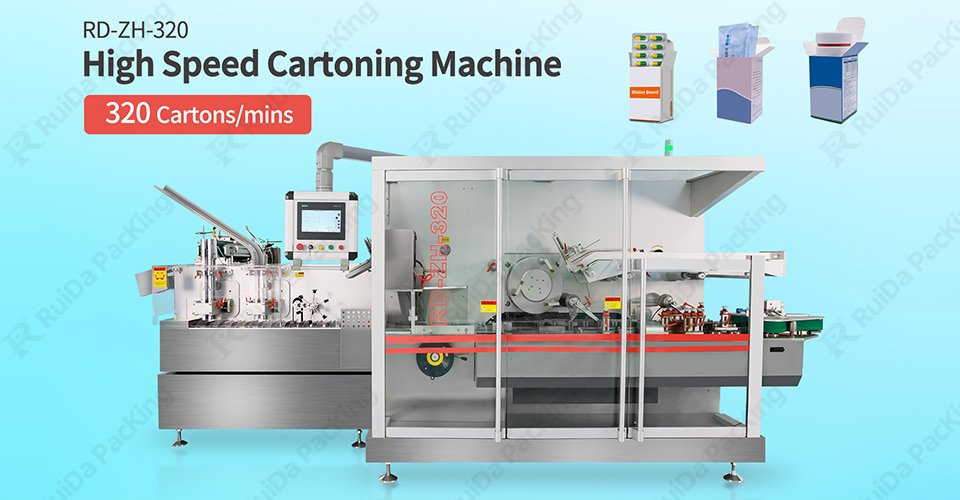
Versatility and Adaptability for Various Carton Sizes
In real-world production, flexibility to accommodate different carton sizes and shapes is essential. High-speed cartoning machines are designed to handle a range of product sizes, from small blister packs to larger boxed items, making them suitable for a variety of industries. With one machine, you can handle different product specifications, saving on equipment costs.
Additionally, most cartoning machines have quick-changeover features, allowing you to switch between different products or packaging types with minimal downtime. This functionality is crucial to maintaining a smooth production flow, especially in industries where you may need to package diverse products. The adaptability of these machines ensures that you’re always ready to meet changing production demands without additional labor or equipment.
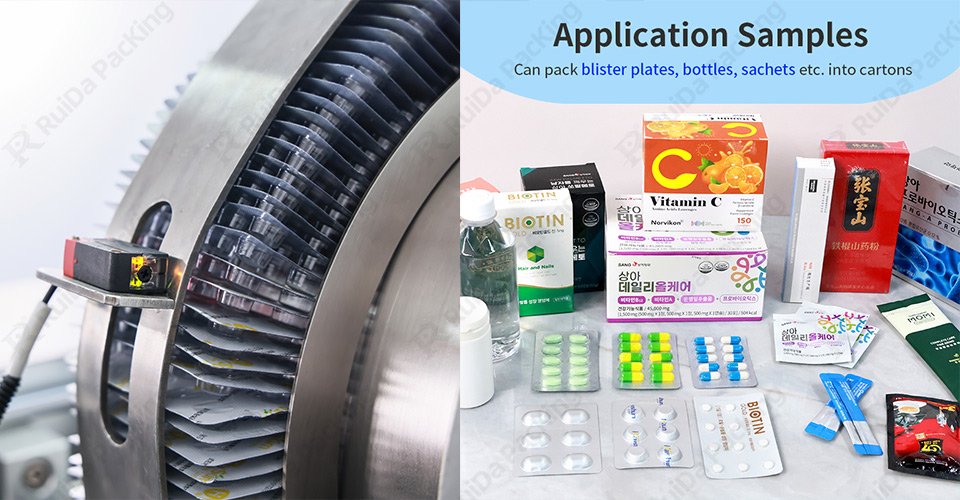
Precision Positioning and Intelligent Control Systems
Accurate product positioning and carton insertion are crucial in maintaining packaging quality. Modern cartoning machines are equipped with advanced sensors and camera systems that monitor the position of each product and carton. This precision reduces the risk of misalignment and ensures that every product is packed correctly, protecting it throughout the distribution process.
Most machines also come with an intuitive touchscreen interface, giving operators control over speed, positioning, and other parameters. You can monitor real-time data, such as packaging speed and accuracy, and adjust as needed, preventing costly errors. This intelligent control makes cartoning machines user-friendly and suitable for operators of all experience levels.
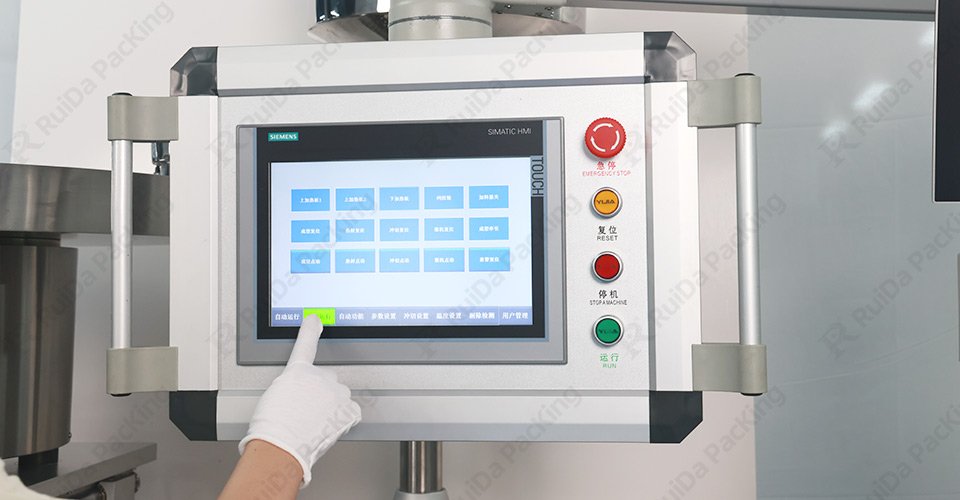
Durability and Low-Maintenance Design
Durability is a key factor when choosing any packaging equipment. Most high-speed cartoning machines are built from high-quality stainless steel or reinforced alloys, which allows them to handle high-volume operations for extended periods. This rugged design reduces the need for frequent repairs or part replacements, effectively lowering operational costs.
Additionally, cartoning machines are designed with easy-access parts for hassle-free maintenance. Many models include self-diagnosis features that automatically detect and report any faults. With this feature, operators can quickly address issues, minimizing downtime and keeping production moving smoothly.
Safety and User-Friendly Design
Ensuring operator safety is a primary focus in cartoning machine design. These machines come equipped with multiple safety features, such as safety doors and emergency stop buttons, which allow operators to stop the machine instantly in case of an emergency. This emphasis on safety provides a more secure work environment without compromising efficiency.
Cartoning machines are also ergonomically designed for ease of use. The control panel is user-friendly, often featuring a touchscreen for quick settings adjustments. This design not only makes the machine accessible to operators but also reduces operator fatigue, particularly in high-volume production environments. For companies with intensive workloads, a user-friendly design significantly boosts productivity.
Wide Industry Applications and Growing Market Demand
Cartoning machines have widespread applications across industries like pharmaceuticals, food, and personal care. They streamline the packaging process, provide cost advantages, and ensure high-quality packaging standards. In the pharmaceutical industry, they’re indispensable for packaging medications and health supplements. In the food sector, they support diverse packaging needs, meeting regulatory requirements and consumer demands. For personal care products, they provide both protection and aesthetic appeal, enhancing brand competitiveness.
With the increasing need for automation in global packaging, cartoning machines continue to rise in demand, especially in regions with established manufacturing sectors like North America and Europe. Investing in a high-quality cartoning machine aligns your production line with global automation trends, preparing your business for competitive growth.
Conclusion
In summary, cartoning machines are key to efficient, high-quality packaging. Their automation capabilities, durability, and adaptability make them a strategic investment for any production line. By choosing the right cartoning machine, you can streamline operations, enhance productivity, and support sustainable practices—boosting your business’s efficiency and competitive edge.
